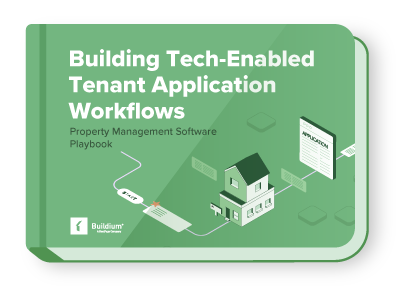This is the first post in our Property Management Stories from the Front Lines series. If you’d like to submit a story for consideration, please email us at [email protected].
By Greg Guillen, Esquire Property Management, Camarillo, CA
One of our new clients successfully self-managed their rental home in California for the past seven years. The landlords recently re-rented their property and executed a one-year lease. Within two weeks of moving in, the new tenants discovered a small patch of mold-like growth inside the kitchen sink base-cabinet. The landlord promptly sent a handyman to clean the affected area with bleach. That same day the tenant checked into a hospital claiming illness from toxic mold exposure. Needless to say, the landlord became concerned and hired a mold remediation contractor. The landlord decided not to file a claim with their homeowner’s insurance policy because they didn’t want their rates to increase.
When the remediation was completed, the landlord paid $5,000 for service. Said work took ten days to complete and included the removal and replacement of one kitchen cabinet, containment tents, etc. Additionally, a microbial hygienist gave a clearance.
Even with these precautionary measures, the tenant sued the landlord for toxic mold exposure. Fortunately, the tenant gave up possession and both parties forfeited the lease. Considering the tenants were allegedly exposed to mold for two weeks, I feel this is a frivolous lawsuit. Ironically, the tenant’s attorney was seen actually assisting the tenants move their furniture into a moving truck.
The landlord is currently being sued for personal injury damages. As such, the landlord finally decided to contact her insurance company so they could defend against the lawsuit. The insurance company requested a timeline of events, which was provided, then informed the owner that her policy has an explicit exclusion for mold removal and restoration, thereby denying her reimbursement of the restoration repairs. Additionally, the insurance company informed her that because she did not immediately notify them of the mold claim four weeks prior, they would not be responsible for representing the landlord against any personal injury claims, nor attorney fees.
Landlords need to read and understand their policies as most policies state that owners have a duty to report all incidents immediately. Isn’t it common for rates to increase after a first claim, and worse, another claim could likely get you non-renewed; making you uninsurable?
What do you think? Please weigh in by commenting below.
Read more on Uncategorized

